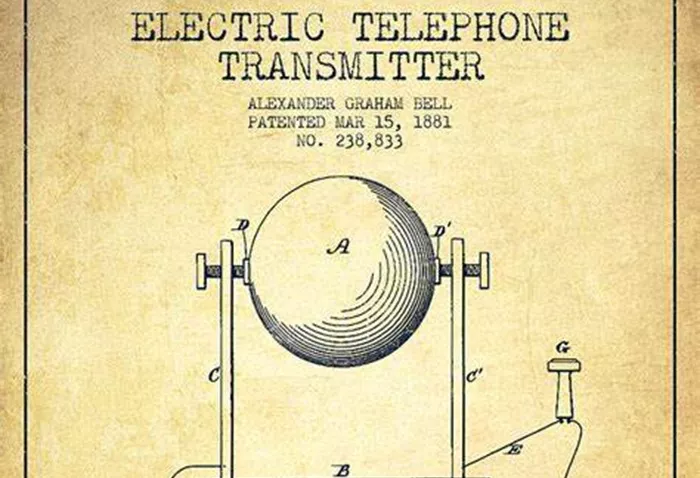February 14 is a date that has witnessed numerous significant events throughout American history. This article explores the most notable occurrences on this day, ranging from the establishment of important institutions to pivotal moments in social and political history. Each event is presented with detailed context to provide a comprehensive understanding of its impact.
What Happened on February 14 in American History?
1. The St. Valentine’s Day Massacre (1929)
One of the most infamous events in American criminal history occurred on February 14, 1929, known as the St. Valentine’s Day Massacre. This violent episode took place during the height of the Prohibition era, a time when organized crime was rampant in Chicago.
Background: The massacre involved the rivalry between two major gangs: Al Capone’s South Side Italian gang and George “Bugs” Moran’s North Side gang. Tensions had escalated over control of the lucrative illegal alcohol trade.
The Event: On that fateful day, seven members of Moran’s gang were lined up against a wall in a garage at 2122 North Clark Street and shot by four men, two of whom were dressed as police officers. The brutal execution shocked the nation and highlighted the violent nature of gang warfare during this period.
Aftermath: The St. Valentine’s Day Massacre led to increased public outcry against organized crime and contributed to the eventual downfall of many gang leaders, including Capone himself. It remains a symbol of the lawlessness associated with Prohibition and has been depicted in numerous films and books.
2. The Patent for the Telephone (1876)
Another significant event that occurred on February 14 was the patent application for the telephone by Alexander Graham Bell and Elisha Gray in 1876.
Background: The invention of the telephone revolutionized communication. Prior to this invention, long-distance communication relied heavily on telegraphs, which had limitations in terms of speed and efficiency.
The Event: On this day, both inventors submitted their patent applications for devices capable of transmitting vocal sounds electrically. Bell’s application was filed just hours before Gray’s, leading to a protracted legal battle over who truly invented the telephone.
Impact: Bell’s victory in securing the patent established him as one of America’s foremost inventors and laid the groundwork for modern telecommunications. This invention transformed personal and business communication, ultimately shaping modern society.
3. Arizona Becomes a State (1912)
On February 14, 1912, Arizona was admitted as the 48th state of the United States.
Background: Arizona’s path to statehood was marked by its transition from a territory acquired during the Mexican-American War to a state seeking representation in Congress.
The Event: The admission was celebrated with parades and festivities across Arizona. This event marked an important step in completing the contiguous United States, as Arizona became the last state to join until Alaska and Hawaii were added later.
Significance: Arizona’s statehood brought significant changes, including increased political representation and investment in infrastructure. It also played a crucial role in the development of the American Southwest.
4. The Formation of the League of Women Voters (1920)
February 14 also marks the founding date of the League of Women Voters, established in 1920.
Background: This organization emerged from the suffrage movement that fought for women’s right to vote, culminating in the ratification of the 19th Amendment in 1920.
The Event: Founded by leaders such as Carrie Chapman Catt, the League aimed to educate women about their rights and responsibilities as voters and to encourage them to participate actively in politics.
Impact: The League has played a vital role in advocating for voting rights and civic engagement throughout American history. It continues to influence political processes today by promoting informed and active participation among citizens.
5. The First Recognition of the U.S. Flag by a Foreign Power (1778)
On February 14, 1778, during the American Revolutionary War, the newly adopted U.S. flag received its first recognition from France.
Background: The American colonies were fighting for independence from British rule, and international support was crucial for their success.
The Event: The USS Ranger, commanded by John Paul Jones, sailed into Quiberon Bay off France’s coast with its flag flying high. French ships honored this display by firing cannon salutes, marking an important diplomatic acknowledgment of American sovereignty.
Significance: This event symbolized international recognition of America as an independent nation and helped solidify alliances that would be essential for victory against Britain.
6. Fatwa Against Salman Rushdie (1989)
In more contemporary history, February 14 is also remembered for Ayatollah Khomeini’s fatwa against author Salman Rushdie in 1989.
Background: Rushdie’s novel The Satanic Verses was deemed blasphemous by Khomeini, leading to widespread outrage among some Muslim communities worldwide.
The Event: Khomeini issued a fatwa calling for Rushdie’s assassination, which sparked international debate over freedom of speech versus religious sensitivity.
Impact: This incident highlighted tensions between Western values and Islamic beliefs, leading to protests and violence globally. It also raised questions about censorship and artistic freedom that continue to resonate today.
Conclusion
February 14 has been a significant date throughout American history, marked by events that shaped social dynamics, technological advancements, political landscapes, and international relations. From gang violence during Prohibition to crucial milestones like statehood and women’s rights advocacy, each occurrence reflects broader historical themes that continue to influence contemporary society. Understanding these events provides valuable insight into America’s complex past and ongoing evolution as a nation.
Related Topics:

